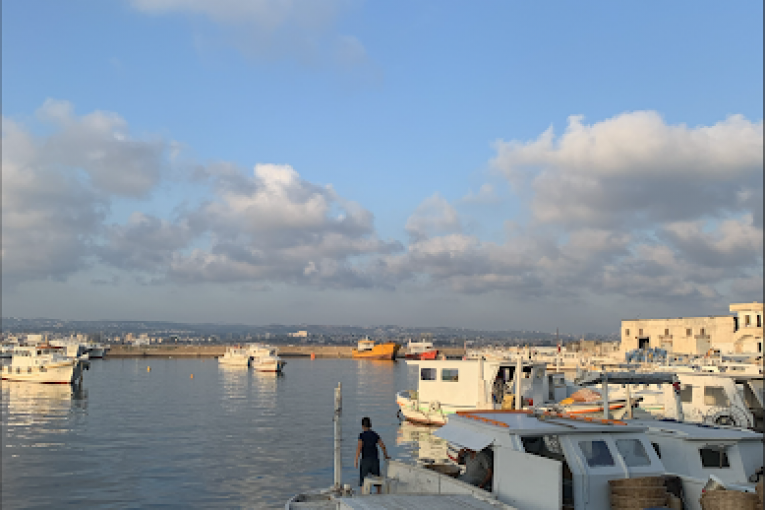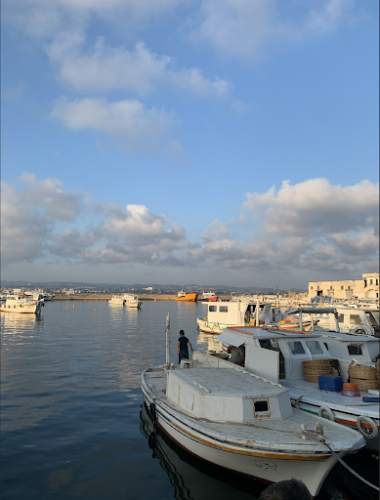

By Sarah Mohareb
LOS ANGELES— If you were to search through the news of nearly any country in South West Asia and North Africa (SWANA) region, you would most likely be filled with stories of tragedies and corrupt governments. Largely because of this, those unfamiliar with the SWANA region often find themselves with a narrow view of what life in the region is like. Yes, these countries are facing great political instability and are hotbeds of conflict, but the Middle East is not just conflict, corruption, and tragedy—it is much more than that.
On the 11th of May, UCLA’s Students Organize for Syria (SOS), held a banquet focused on celebrating Syrian culture to educate and advocate for refugees affected by the Syrian civil war. At this event was speaker Omar Alshogre, a former political prisoner and human rights activist, who spoke on his experiences in Syria since the inception of the war. Through his experience advocating on behalf of the people of Syria to organizations like the United Nations and the U.S. government, he established a philosophy of storytelling that he shared with us. Its essence is as follows: when sharing stories of the Middle East, let it be from the mouths of the people most affected; clinging to victimized peoples’ humanity is far more important than focusing on statistics and governmental proceedings.
In the case of Omar Alshogre, he tells his story through his experiences as a political prisoner in Syria through the resilience of his mother. Most people have a maternal figure, but not everyone has experienced a civil war. By focusing on what we have in common, it becomes possible to close the gap that ostracizes the people of the SWANA region and writes them off as lost causes. Alshogre’s story follows his mother’s strength and persistence in the fight to free her son from prison. His story nearly moved the whole room to tears. A room of people who most likely have never been to Syria and are not fully educated on the war felt compelled by his story because he was able to humanize the country past the usual coverage of mere statistics.
Constant consumption of media that almost exclusively covers tragedy after tragedy desensitizes the rest of the world to the SWANA region. Because of this, it becomes easy to accept what is happening in these countries because “that’s just how it is”.
This is far from true; the people of Syria, Palestine, Lebanon, Yemen, and many other countries not only survive, but spend every day rebuilding their homes and living their lives. They have not given up on themselves. Storytelling from the perspectives of the people in these countries is important because it helps shift the narrative from Western-centric portrayals to representation that demonstrates the humanity of the people affected.
Arab and Middle Eastern culture has long been marked by oral storytelling, as the nomad groups of the region utilize storytelling to share the history of their people. To honor this centuries-old tradition, I spoke with a UCLA student from the SWANA region and had them tell me a story that represented their country. Through storytelling, the goal is to help those unfamiliar with these countries learn something other than tragedy and showcase the beauty that these living, breathing nations, and peoples hold.
The student I interviewed will be named T, for the sake of anonymity, and is from Syria. T was born in Syria and Arabic is her native language. Although she and her family moved to the States as a toddler, her eyes lit up at my question about recounting her first memories of Syria. T recounted visiting Syria every summer before 2012 and “running around the chalet with all of her cousins, spending the whole day going to the beach and being on the boat.” She spoke excitedly of family, her pet turtle “Shelly” and the youthful innocence of the summers she had spent in Syria.
When the war ramped up in 2012, T and her family were forced to take a break from visiting Syria until 2021. T recalled her first time back in many years and described it as “feeling empty”; it was nothing as she remembered. Akin to growing up, the realities of what faced Syria as a country reverberated through its youth that lived abroad and found themselves faced with an unfamiliar homeland when they came back. Experiencing these conflicts in real time means marking an end in the childhood of so many children across the SWANA region and its diaspora.
When asked to define Syria in her own words, T remarks on a time when a stranger’s initial reaction to hearing of their nationality was to beg them to eat based on the assumption that T and her family were starved victims of war despite having been in the United States for more than a decade. She says that merely mentioning Syria triggers a response that all Syrians are starved and in dire need of assistance.
To T, “nobody knows Syria better than the Syrians.” Instead of thinking of devastation and misfortune when she hears of Syria, she thinks of “listening to Fairouz in the morning, drinking a cup of coffee while sitting with family over the sound of vendors in the street.” Reducing Syria to statistics forces Syrians to be victims and numbers first and human beings second. By amplifying the stories of people that are affected by conflict, we can avoid isolating them by their struggles and differences and, instead, better celebrate them for their successes and similarities. People’s lives maintain regardless of the frequent calamities that face the SWANA region, but they remain resilient in the fight for their livelihoods, whether it is through direct opposition to oppressive regimes or just living life.
